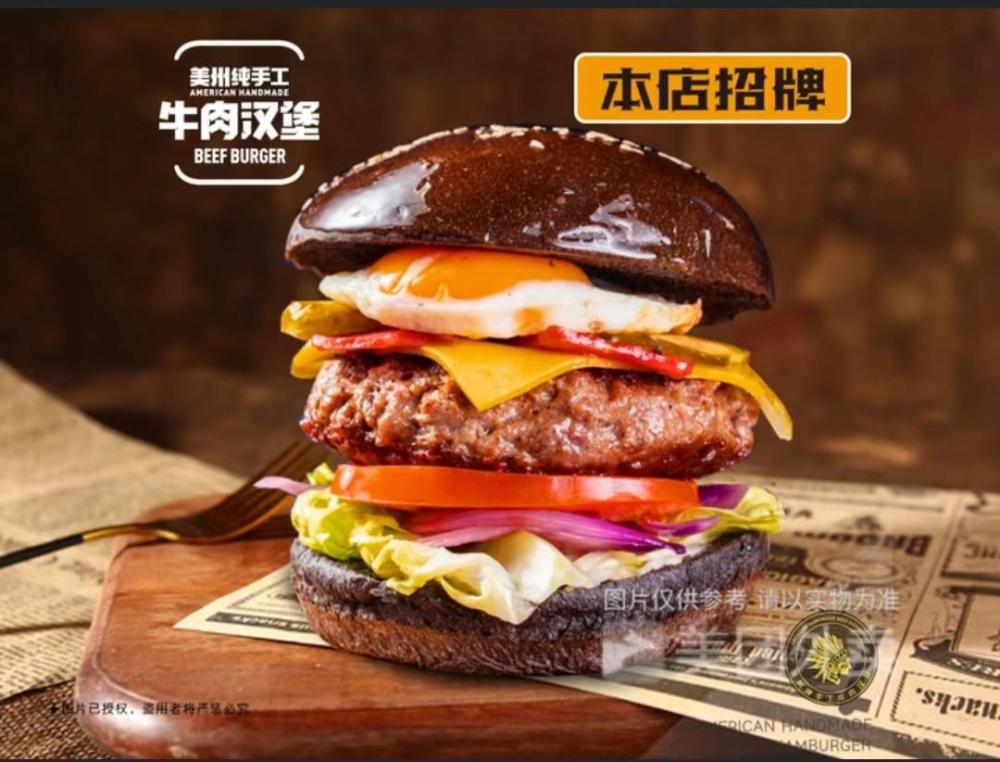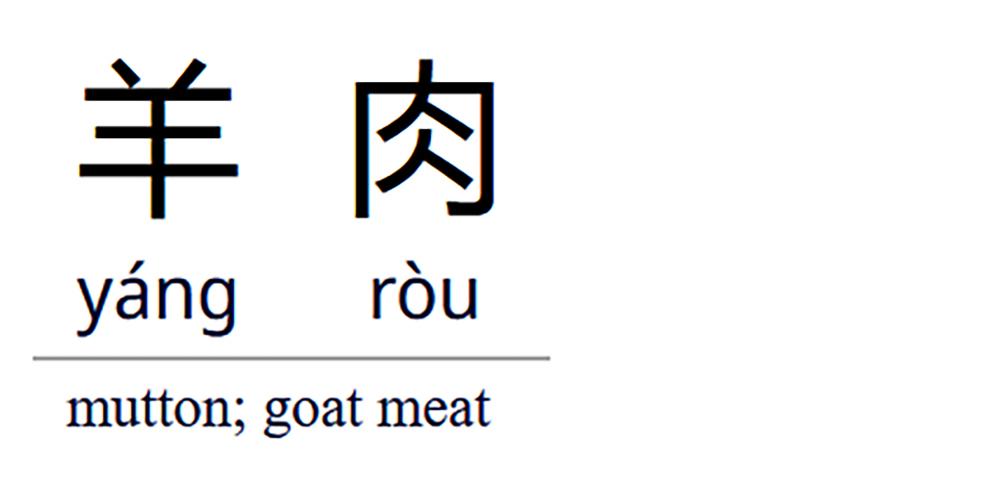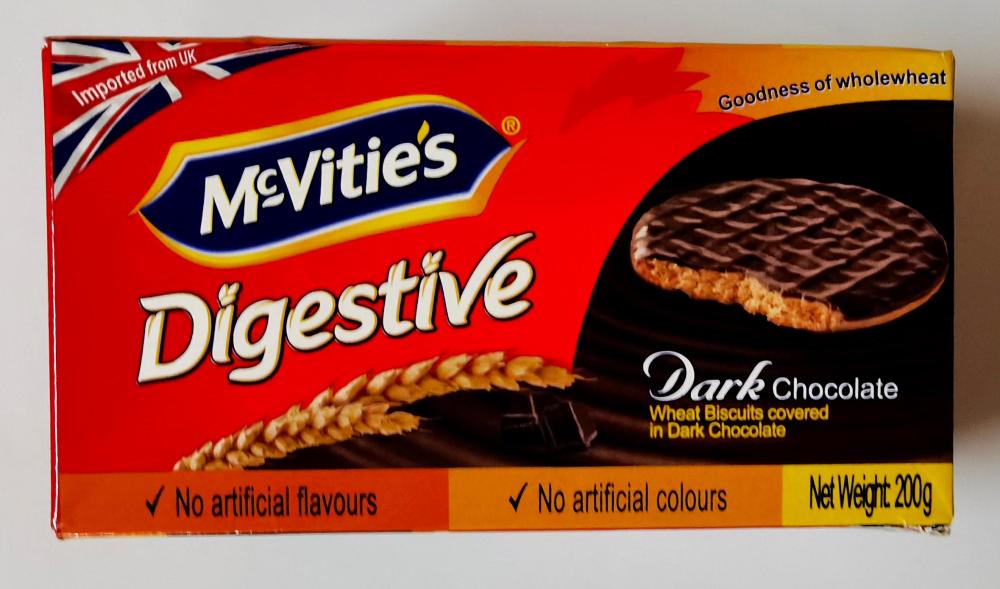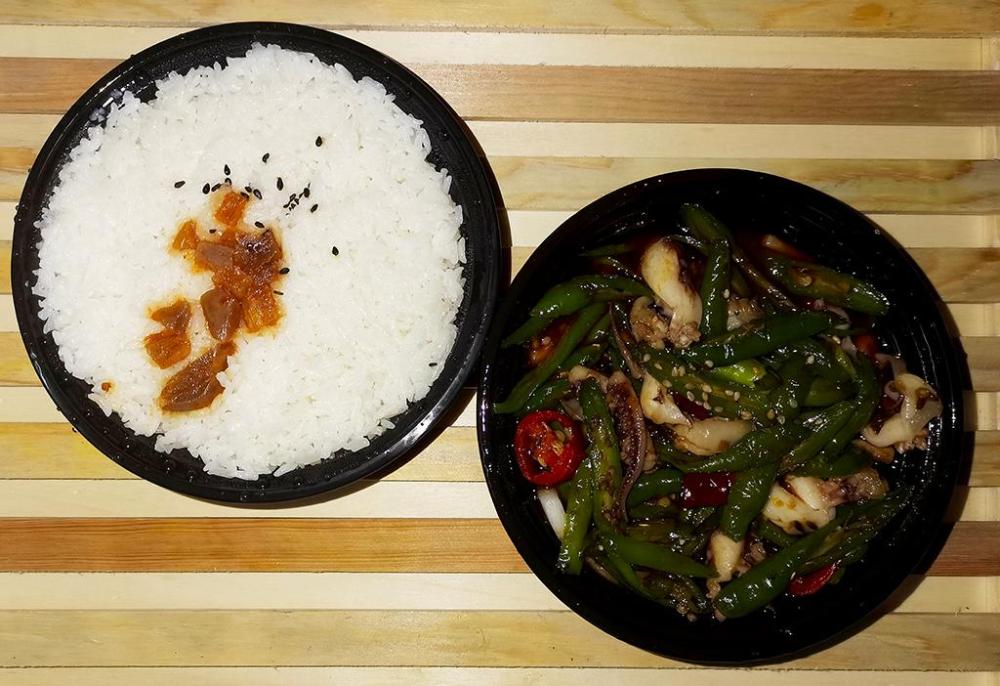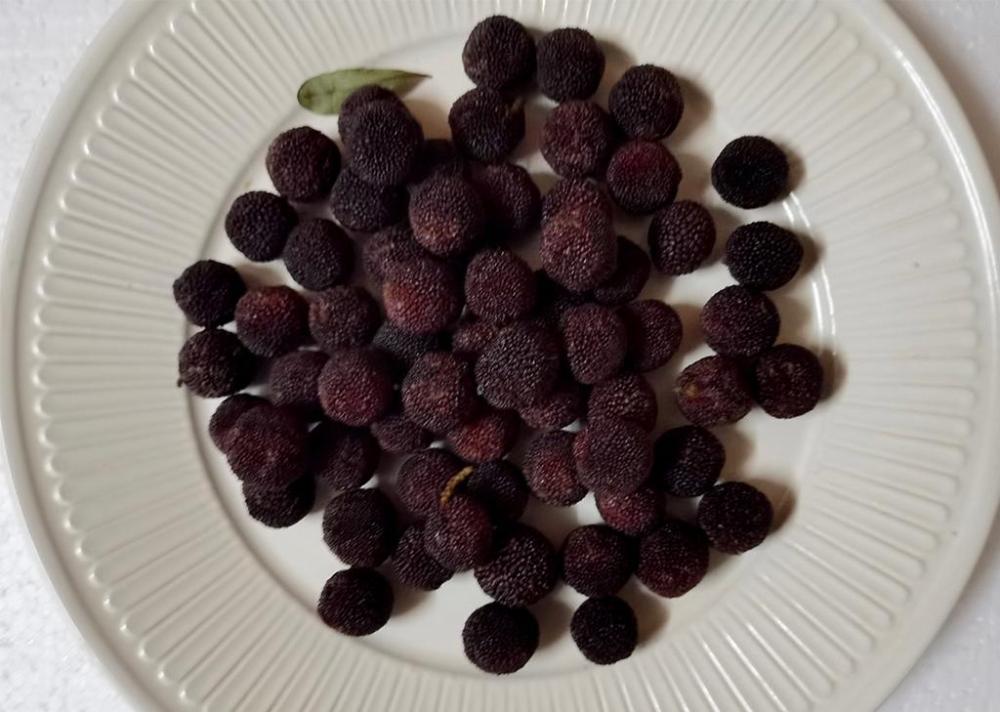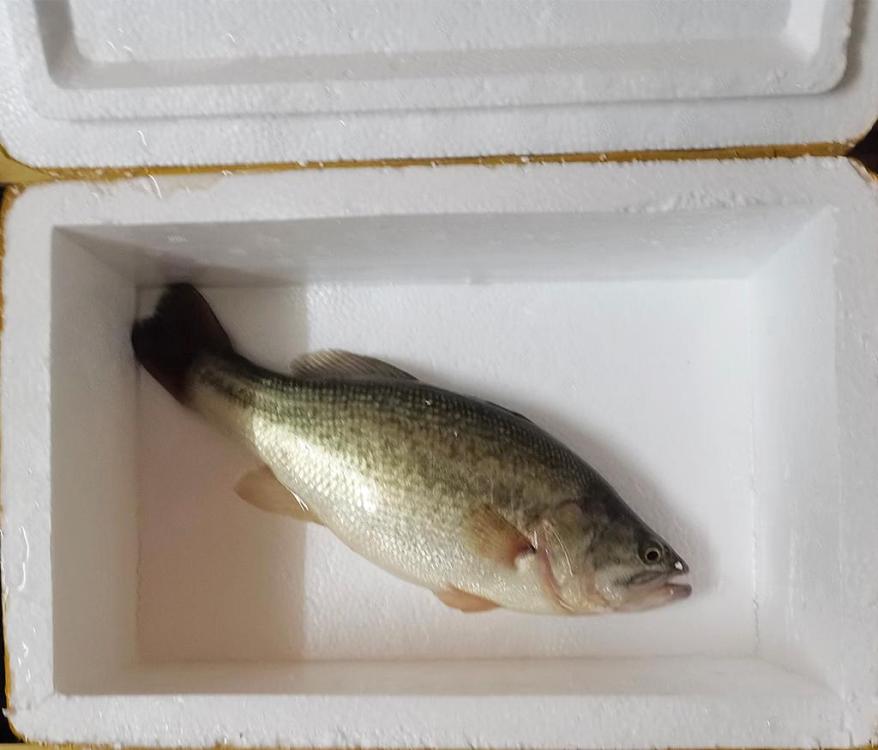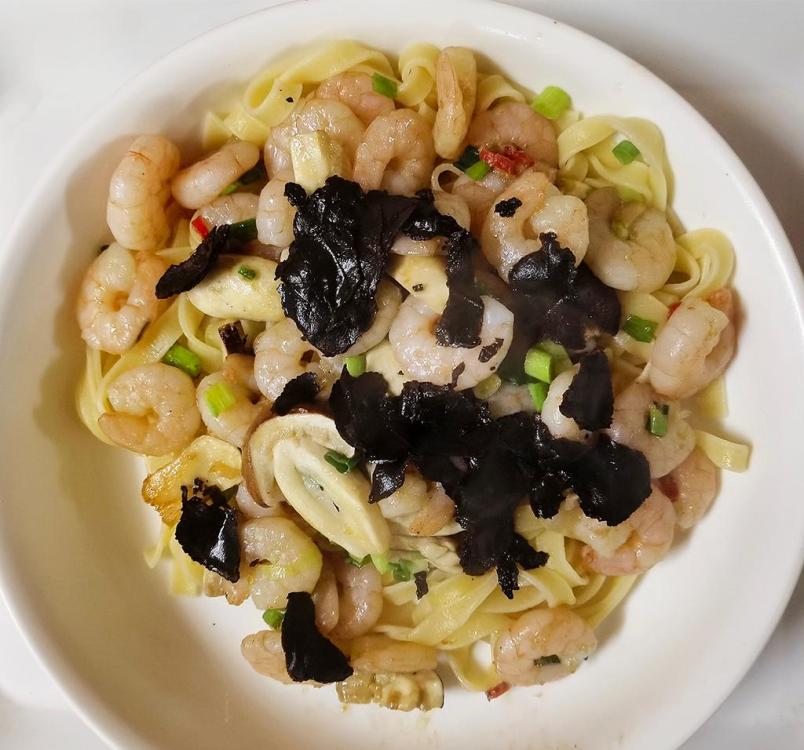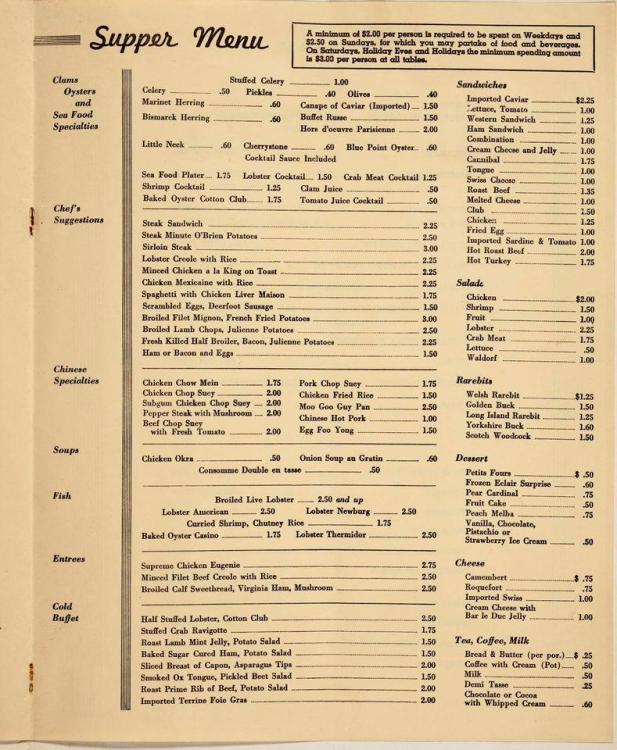-
Posts
16,766 -
Joined
-
Last visited
Content Type
Profiles
Forums
Store
Help Articles
Everything posted by liuzhou
-
I feel I have to share this. I've was idly flicking through my home city's main restaurant delivery app and came across this monstrosity. Billed as a 'Typical American Burger', it is made using Australian beef*, as are all typical American burgers. Other ingredients are lettuce, tomato, bacon, American 'cheese'**, egg, homemade*** pickles, homemade*** bread and homemade*** sauce. Ingredients: bacon, beef, lettuce, tomato sauce, sugar, bread, lettuce****. ¥34.83 / $5 USD. Expensive for China. * Probably actually local water buffalo. ** Made in China. *** Whose home? **** Yes. Lettuce twice. The bun is described as that typical 'red velvet bread' as served with every burger in the west.
-
Lucky you! While I can very easily buy a live goat online, goat meat is seldom eaten in south China and even the goat meat common in northern China doesn't get here for some reason. Another problem is that, as in many languages, in everyday Chinese 'goat' and 'sheep' are the same word (羊肉 - yáng ròu) , so even if you find either, you never really know what you are buying.
-
The only 'mayo' I can easily get is Kewpie and the less said about that the better, although I can get Hellman's online. For some reason it's made in Spain! That said, I too, seldom use mayo and so, when I need it*, make it myself. Tastes better, too if I may say so. *Usually for potato salad.
-
I'm puzzled where you are seeing French style grammar but in French it is 'le doggy-bag' although the powers that be campaigned for 'gourmet-bag' which campaign, in usual French style, was almost totally ignored. But in 2016, a law was passed in France mandating that all restaurants with a large number of covers (around 150 and over, although the exact number is variable depending on other factors) must offer such a service and supply appropriate containers.
-
They pack it in front of you at the table and have a lot of experience of doing so, but if there is any doubt they will ask you how you like it or you can volunteer your preferences.
-
Yes, I know "doggie bag" culture is common in N. America, but I think it's more ubiquitous in China. It is literally every restaurant I've been to; from cheap dives all the way up to mega-expensive deluxe places. There is no embarrassment at all. The wait staff package our leftovers. They expect to. And no tipping!
-
打包 (dǎ bāo, literally, 'pack bag') is a well established tradition in China. Every restaurant from hole-in-the wall shacks to fine restaurants has this service. It is expected. The restaurants supply suitable containers. I've also noticed that very little food is wasted in domestic kitchens. It is very such seen as a 'sin' to waste food. Famine is still a living memory. Wasting rice is particularly taboo.
-
-
I must admit that I think Himalayan Pink Salt is a bit of a con trick. For a start, it isn't even from the Himalayas but nearby. It tastes exactly the same as any rock salt you can buy at a tenth of the price. The pinkness comes from impurities. Looks pretty, but that's all.
-
The fish came to me in a tightly closed plastic bag of water inside the styrofoam, but I took it out of the bag for the photograph otherwise you wouldn't have seen it.
-
A delivery dinner tonight for various reasons not worth boring you with. Hunan style spicy squid with dried red and fresh green chilli peppers. Rice with some pickled turnip on top. Not bad for the genre. Also came with a thin vegetable soup. 22元 CNY / $3.19 USD.
-
杨梅 (yáng méi), bayberries, Myrica rubra. One of my favourite fruits - sweet and sour. It's a little early in the season, so not at their best yet, butstill good.
-
One thing I like about food shopping in China is the freshness and nothing gets fresher than fish and other seafood. Almost always sold live even for home delivery. This just turned up my door half an hour ago. It's a river bass and there was water in that box but the fish was flapping about so much, 99% of it has been sprayed around my kitchen It has now been refilled and he or she has calmed down a bit. Will cook tomorrow. Been invited out tonight. P.S. I do have a video of the fish flapping, in case anyone doubts my tale. I can't seem to upload it at the moment - China's embarrasingly disfunctional internet again.
-
I have written more about them on the Mushrooms and Fungi in China topic here.
-
They are probably made here and taste better than Chinese truffles!
-
I am house bound, but right out of spike heels! I have to say that Chinese truffles are useless. I had to buy a couple to photograph for something I was working on and thought to not waste them. I wasted time instead. Totally tasteless but decorative, I suppose - like the gold leaf those idiot chefs put on steaks for their idiot customers!
-
-
McVities are quite international. Their products are easy to find here in China. But not Garibaldis (not a McVities product), although there is a local version which isn't at all bad. No doubt, you have been wondering all your life what McVities is in Chinese - 麦维他 (mài wéi tā). http://www.mcvities.com/
-
I don't know how widely available these are but seafood mushrooms.
-
Thanks for the post. I'm less interested in Mexico, but you reminded me of the Italy series, a few of which I watched. Now watching them all. He and his wife were sitting on the next table to me in a London restaurant a few year ago. Of all things, a Chinese restaurant!
-
I'll have to fire up my time machine and head back to 1938 and make for NewYork!
-
I'm wondering what a "Western" sandwich is and worrying about the 'Cannibal' sandwich!
-
-
So? What's the question about that?



